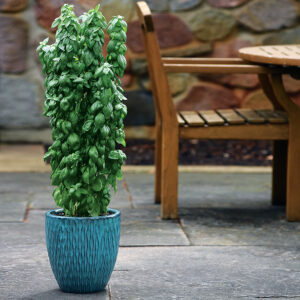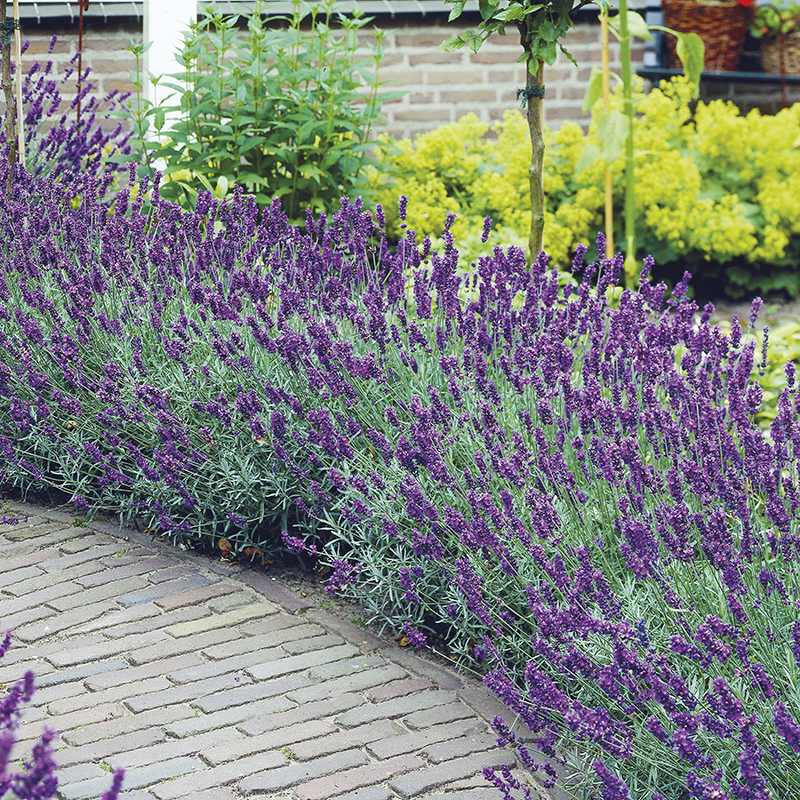
Preventing Mosquitoes
When the weather gets warmer here, Cypress, TX, and Montgomery County, there are many things you can expect. You can expect more cookouts in an outdoor kitchen, more family time in the pool, and above all else, more mosquitoes in the air.
Managing these annoying little friends is challenging. However, you can do a few things to help secure your outdoor retreat from these unwanted intruders.
One way to avoid these pesky insects from invading your outdoor space is to prevent them from existing. A female mosquito will usually breed quickly after biting her victim. After she feeds, she will look for standing water or even soil to lay her eggs. These eggs can hatch relatively soon. Depending on the weather conditions, the breeding lifecycle can range from 4 days to two weeks.
Avoid Still Water
The first step to avoid this from happening in your garden is to prevent still or pooling water. Survey your outdoor space for any low spots in your turf or any naturally pooling areas. Once you have identified these areas, review the current drainage flow to determine if any adjustments are needed. In severe cases, it may be time to consider a professional drainage plan that will keep your greenery healthy but prevent any standing water from developing.
Consider Your Containers
An excellent place for a mosquito to lay her eggs is your container plants. These provide ideal conditions for these annoying insects to grow their little family. The soil is often damp, untouched, and may even have small pools of water. If your outdoor design calls for a large number of container plants, you may want to consider a design with fewer containers. If you live in an area highly prone to mosquitoes, it might be time to find a new design with containers.
Natural Repellents
When designing your garden, consider planting plants and herbs that you can enjoy, but that can also help repel insects naturally.
Lemongrass
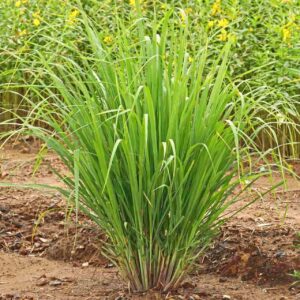
Lemongrass grows with abundance where conditions reflect their natural tropical habitat. The plant likes lots of heat, light, and moisture
Marigolds
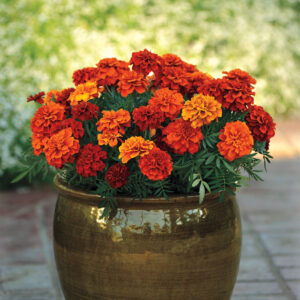
Marigolds are a fantastic way to brighten up an area. Native to Mexico, you can grow them almost anywhere. Making them an easy plant to care for in your garden.
Lavender
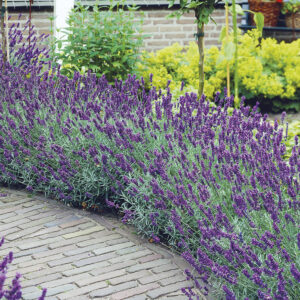
In your garden, lavender can make an excellent companion plant for almost anything. It is one of those aromatic, gray herbs that deer avoid, making it a great choice as a decoy in your Hosta or daylily beds.
Rosemary
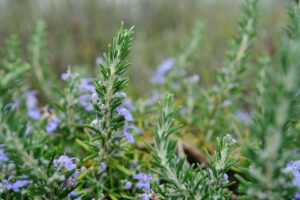
Rosemary can grow into a rather large bush, even tolerating mild winters. Indoors, rosemary benefits from being kept slightly dry and trimmed to remain within its natural pot size.
Basil
All types of basil grow easily in warm, sunny weather. The leaves are commonly used in cooking, but the flower buds are also edible.
Garlic
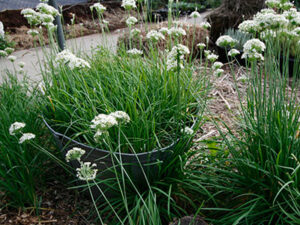
In warmer climates, it is best to plant garlic in early spring, though seed garlic must be chilled first to break it out of its dormant state. Garlic prefers loose loamy soil with plenty of organic matter.
Monthly Newsletter
Sign up for our Monthly Newsletter.

